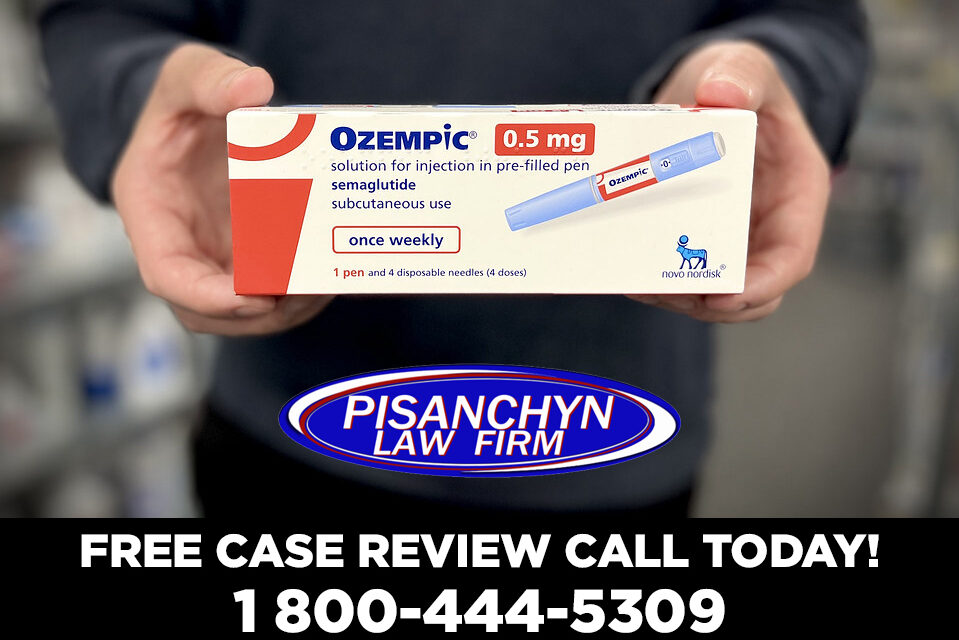In recent months, a high-profile lawsuit has emerged, involving the popular diabetes medication, Ozempic. This case has significant implications for pharmaceutical liability and patient safety, making it essential for personal injury attorneys to stay informed about the developments. In this blog post, we will delve into the details of the Ozempic lawsuit, the allegations, and the broader implications for personal injury law.
The Ozempic Lawsuit: An Overview
Ozempic, a medication developed by Novo Nordisk, is commonly prescribed to manage type 2 diabetes by helping control blood sugar levels. It is also known for its potential benefits in weight loss, which has contributed to its widespread use. However, recent allegations have surfaced, claiming that Ozempic has caused severe side effects that were not adequately disclosed to patients and healthcare providers.
Key Allegations in the Lawsuit
The lawsuit against Novo Nordisk involves several critical allegations:
- Undisclosed Side Effects: Plaintiffs allege that Novo Nordisk failed to sufficiently warn patients and healthcare providers about the potential severe side effects of Ozempic. These side effects reportedly include pancreatitis, kidney problems, and gastrointestinal issues.
- Inadequate Testing: The lawsuit claims that Novo Nordisk did not conduct adequate testing and clinical trials to fully understand the long-term effects and risks associated with Ozempic before bringing it to market.
- Negligence and Misrepresentation: The plaintiffs argue that Novo Nordisk was negligent in its duty to provide safe medication and that the company misrepresented the safety profile of Ozempic in its marketing and promotional materials.
Implications for Personal Injury Law
The Ozempic lawsuit highlights several important considerations for personal injury attorneys:
- Pharmaceutical Liability: This case underscores the responsibility of pharmaceutical companies to ensure their products are safe and to provide transparent information about potential risks. Attorneys must be well-versed in pharmaceutical liability to effectively represent clients in similar cases.
- Informed Consent: Ensuring that patients have given informed consent is crucial. This means they should be fully aware of potential risks and side effects before using a medication. Failure to provide adequate warnings can form the basis of a strong legal claim.
- Expert Testimony: Cases involving complex medical issues often require expert testimony to establish causation and the extent of the harm caused. Attorneys should be prepared to collaborate with medical experts to build a robust case.
- Evidence Collection: Gathering comprehensive evidence, including medical records, internal documents from the pharmaceutical company, and expert analyses, is essential for substantiating claims and achieving favorable outcomes for clients.
Current Status and Potential Outcomes
As of now, the Ozempic lawsuit is in its early stages, with plaintiffs seeking compensation for medical expenses, pain and suffering, and other damages. The outcome of this case could have far-reaching implications for the pharmaceutical industry, potentially leading to increased scrutiny of drug safety practices and more stringent regulatory oversight.
The Ozempic lawsuit serves as a reminder of the critical role personal injury attorneys play in holding pharmaceutical companies accountable for the safety of their products. By staying informed about ongoing legal developments and understanding the intricacies of pharmaceutical liability, attorneys can better advocate for their clients and ensure they receive the compensation they deserve.





